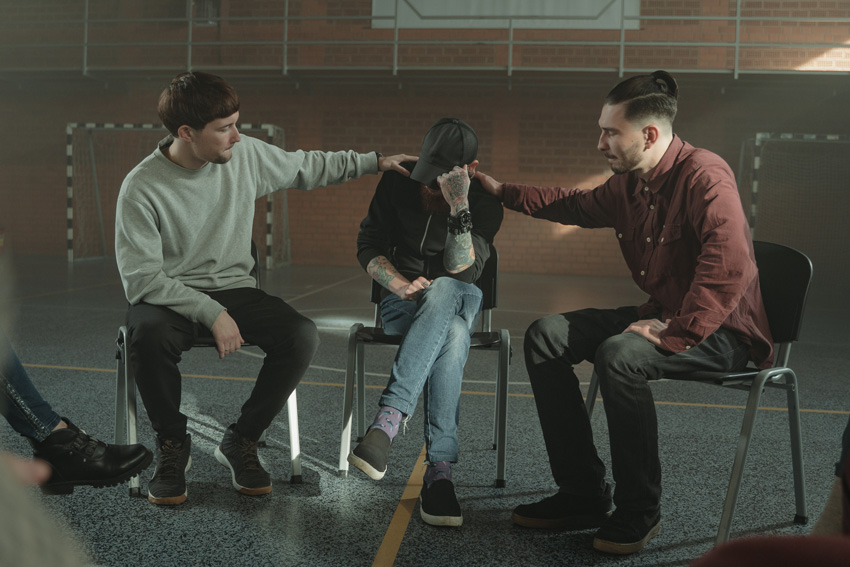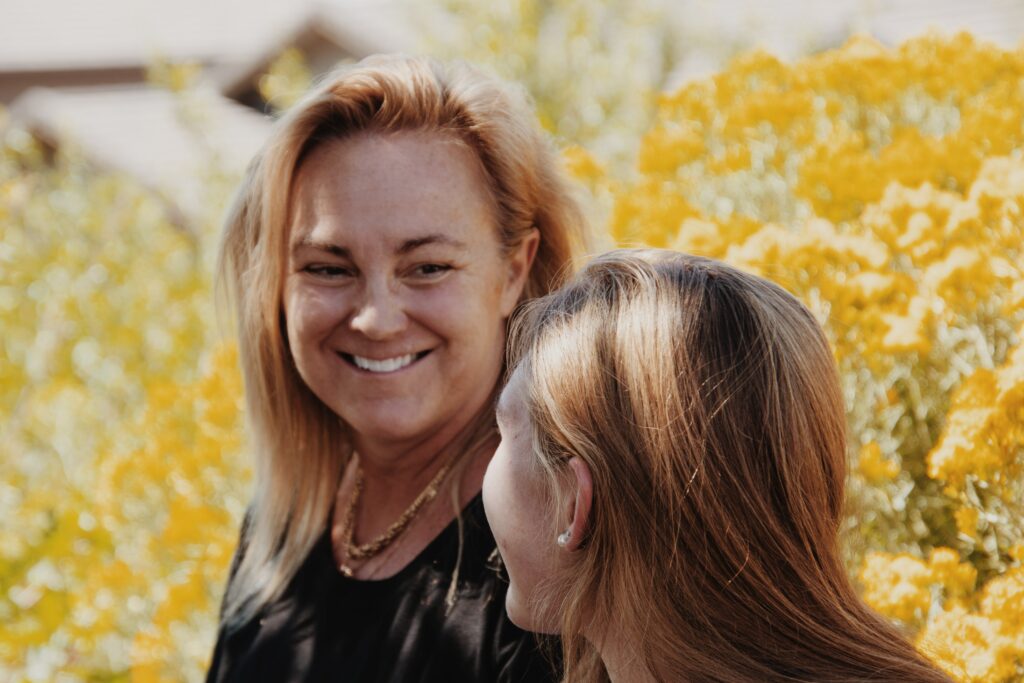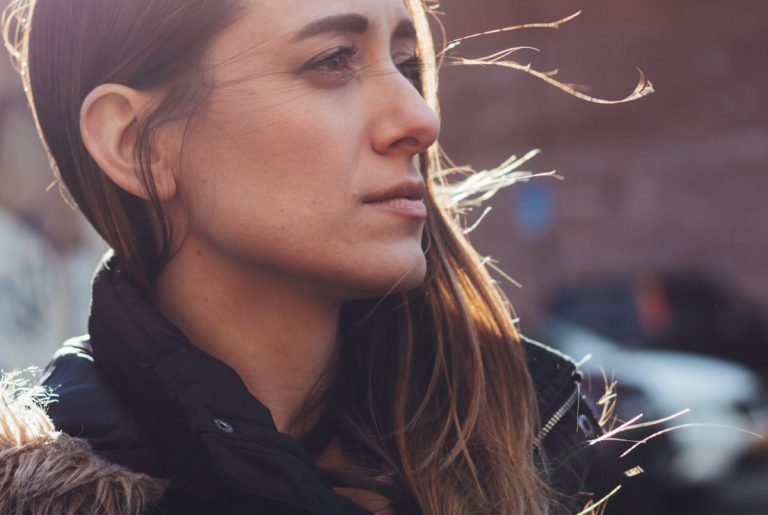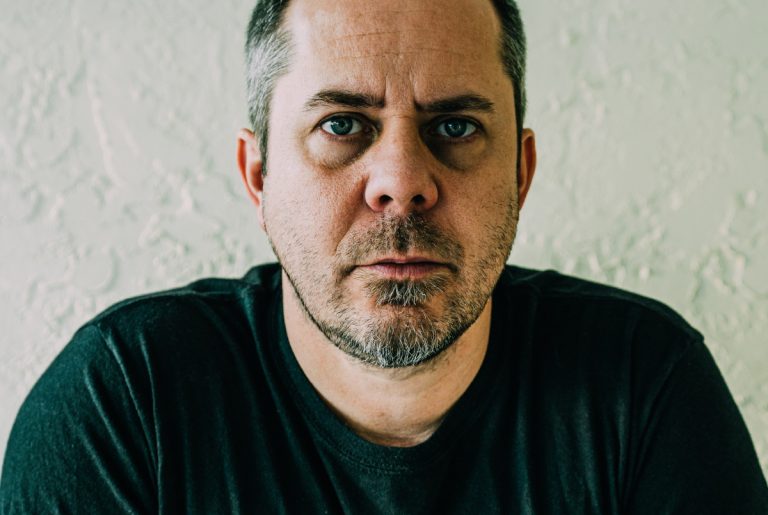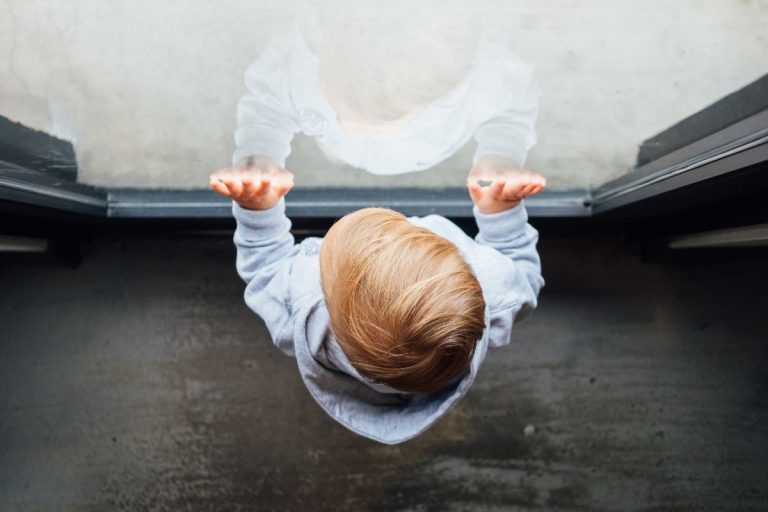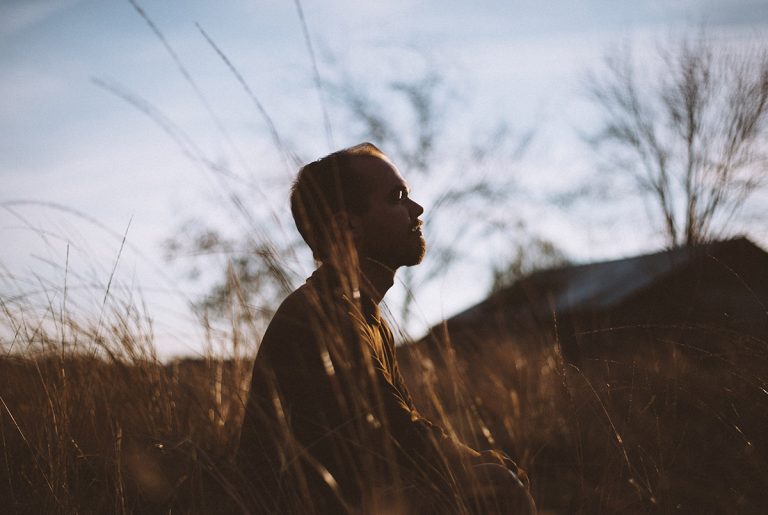What is a Men’s Behaviour Change Program?
This is a behaviour change program for men who have been abusive or controlling towards their female partners and have acted in ways that have had harmful physical, emotional or psychological impacts on the women and children in their lives.
These actions could include coercive control, physical violence towards people or property, verbal abuse, emotional manipulation, sexual abuse, financial abuse, or any other behaviour that leads to fear in their female partner and/or their children.
The program includes individual sessions with a case worker, and group participation requirements. Engagement levels are customised to each participants needs.
This program offers men:
- A therapeutic and supportive process that provides opportunities for lasting behaviour change
- A space to courageously reflect upon actions, values and relationship goals
- Awareness of patterns of behaviour and how they’re influenced
- Strategies to relate to their partner in healthy ways, as part of a safe, respectful and loving relationship
- Opportunities to consider the feelings and needs of children, as a father or a male role model
- Sharing experiences, support and feedback from and with other men
- Support, strategies and education to process strong emotions in healthier ways.
What will happen when I register?
When you register, you’ll be placed on a waitlist or offered a Clinical Intake appointment via phone. Please note that due to high demand, current wait times for this program are eight to 12 weeks.
What can I expect at a clinical intake session?
A Clinical Intake Session provides an opportunity for you to:
- Gain more information about this Men’s Behaviour Change Program
- Speak to our staff and ask about the specific details of the program
- Understand the eligibility criteria for the program.
This session will help you to make an informed choice about engaging in the program.
An intake appointment is a 1:1 phone call with one of our case workers. They will provide you with more information about the program, answer any questions or concerns you might have, and take you through intake requirements such as a forms and criteria. We will support you to discuss your family circumstances and interest in the program in a non-judgemental and confidential manner.
Once I decide to engage in the program, what happens next?
After the Clinical Intake Session, every participant will be offered between two and four individual therapeutic casework sessions. These sessions offer support and assessment of your current needs and program suitability. Within your first few sessions, you and your allocated therapeutic caseworker will work together to formulate a plan regarding your individual men’s behaviour change journey and the frequency of your ongoing individual casework sessions.
Participants usually attend between six to 12 individual casework sessions while they are engaged in the program, over a period of approximately six to eight months. Individual sessions take place in addition to the Taking Responsibility Group Program sessions.
How much does this program cost?
Fees for the Taking Responsibility Group program are charged on a sliding scale, according to household income. They range from $10 to $60 per session, however concessions and fee waivers are available. Please contact us for further information.
There are no fees for the individual therapeutic casework.
When does the program run? Are there intakes throughout the year?
Individual and group work aspects of the program run continuously throughout the year.
Can I participate in this program online?
The program can be taken online if you don’t have access to an accredited Men’s Behaviour Change Program within one-hour from your home address.
Where do you run this program?
We run this program from our locations in Sydney City, Blacktown, Illawarra, Hunter and Maitland. This program can also be delivered remotely / online for eligible participants. Visit our locations page for more information.
I’ve been given a Community Correction Order to participate in a Men’s Behaviour Change Program. Will you provide me with a certificate once I’ve completed this program?
We provide comprehensive reports upon request, and these include information about the program’s purpose and content, details of your attendance, engagement, goals and future recommendations.
This report can be shared by you with other legal and support systems to comply with court orders.
We do not provide certificates, statements, or letters of attendance or completion.
I’d like to refer one of my clients to this program. Where can I obtain a referral form?
We accept self-referrals via familysafetyenquiries@ransw.org.au or 1300 364 277. Once a service has been offered to your client, we encourage clients to consent to share information between other services they are connected to.
As necessary, other agencies and services can warm-refer clients, with their consent, and can forward these to familysafetyenquiries@ransw.org.au
Is this program suitable for Aboriginal and Torres Strait Islander men?
Yes. We provide an inclusive service delivery model and welcome clients from all backgrounds. We’re particularly mindful of the barriers and disadvantages that may be experienced by First Nations People and all our staff receive professional development in cultural safety.
We’re deeply committed to closing the gap, reconciliation and continuous improvement in meeting the needs of First Nations People. We understand the value in collaborative service delivery with First Nations communities and organisations.
How do I sign up for the program?
Call your local Relationships Australia NSW office or our central office administration team on 1300 364 277.
What times do the sessions take place?
Group sessions are held each week on Tuesdays from 5pm to 7.30pm.
Individual sessions, which you’ll undergo in addition to the group sessions, can be arranged at a time that works for you.
How many sessions do I need to attend?
Participants usually attend between six and 12 individual casework sessions while they are engaged in the program, over a period of approximately six to eight months. Individual sessions take place in addition to the Taking Responsibility Group Program sessions.
The Taking Responsibility Group Program is 18-weeks long, delivered as two nine-week modules. There’ll be one 2.5-hour session each week, held on Tuesdays from 5pm to 7.30pm.
What’s the format of the Taking Responsibility Group Program?
This group program is 18-weeks long, delivered as two nine-week modules. There’ll be one 2.5-hour sessions each week, held on Tuesdays from 5:00pm to 7.30pm. It’s co-facilitated by a male and female facilitator and there will be a maximum of 12 participants.
Group Content and Modules:
Awareness of Self
Understanding myself and making conscious choices about who I want to be, how I want to treat others, and developing skills to make it happen.
Awareness of Others
Acknowledging the impact on those I’ve harmed and taking responsibility for my actions. Exploring opportunities to heal from shame through empathy and making choices to behave respectfully.
Awareness of the Big Picture
How are my beliefs and values influenced by my experiences of gender, relationships and a range of other factors – like culture, trauma, alcohol and other drugs, marginalisation and social disadvantages? Learn strategies to reshape these and create safe relationships.
How does the Taking Responsibility Group Program work?
The Taking Responsibility Group Program is 18-weeks long, delivered as two nine-week modules. There’ll be one 2.5-hour session each week, held on Tuesdays from 5pm to 7.30pm.
A Pre-Group Intake Session is offered when your allocated therapeutic caseworker has completed the assessment process and determined in consultation with you that the group program is suitable and likely to be able to support you with your current needs, goals, and circumstances.
The group facilitators will meet with you to discuss your goals and circumstances and make a final decision about your suitability for the Taking Responsibility Group Program. The facilitators are very careful to ensure that they’re setting you up for a successful group engagement and experience.
While the program is designed to run across 18 weeks, your case worker can determine your unique needs. Some men do not complete all modules consecutively and may discontinue group attendance to be offered more intensive individual casework, and resume at a more suitable time, or be offered alternative programs.
What do I need to bring to my first meeting?
To enable us to best meet your needs we require that you bring any documents – such as Apprehended Domestic Violence Orders, Court Orders, Police Reports or Undertakings. It’s also beneficial to bring an open mind and attitude of curiosity towards the program.
What if I am court ordered or strongly encouraged to do the program by another agency such as Family Law Court, Criminal Court, Community Corrections or DCJ?
Our program is voluntary, regardless of your reason for wanting to participate. If you’re court ordered or encouraged to participate and don’t want to, we’ll have a supportive conversation with you about the
potential benefits of attending. We understand that talking about abusive behaviour is confronting and uncomfortable and our discussion will be free from judgement and prejudice.
You will then need to demonstrate your own motivation and goals for being engaged in our program that are aligned with the program purpose. We’ll only offer you a place in the program if you’re genuinely committed to working towards change and ready to take responsibility.
How flexible is the program? Can I adjust session times to suit my work schedule?
We strive to make our program accessible regardless of individual circumstances, please discuss your specific needs with our friendly staff.
I’ve enquired but I haven’t heard back, what should I do next?
your initial enquiry you should have received an automated email acknowledging receipt. If you haven’t received this, please check your junk or promotions folders. This will give you additional information on how to register your interest. Please call 1300 364 277 if you have any questions, to register or to follow up with our team.
I have another question about this program, who can I contact?
You can call our friendly Client Services team on 1300 364 277.
